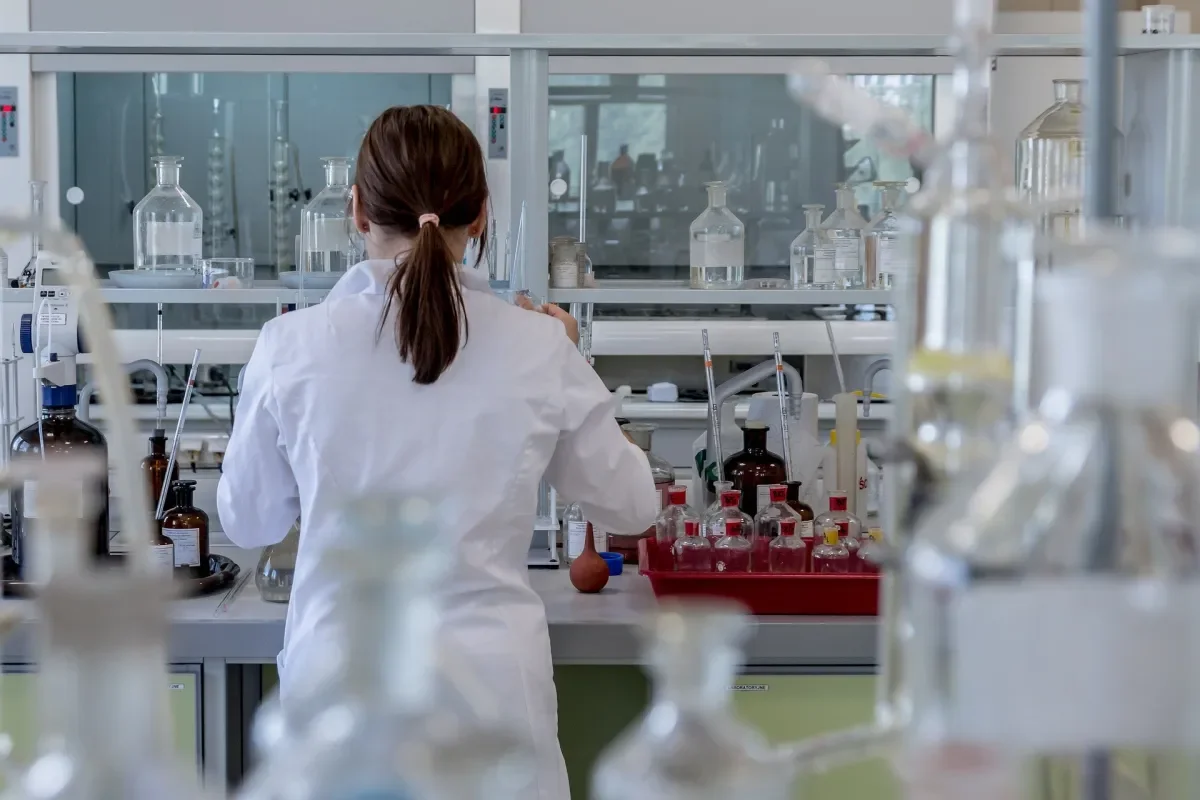

Over 90% of high profile medical professionals and communicators have experienced abusive behaviour
A new study has found that over 90% of high profile medical professionals and communicators have reported significant abuse while working, both online and off, including persistent harassment and in some cases, physical violence and intimidation. A substantial number also received vexatious complaints to their employers.
The study, Establishing a taxonomy of potential hazards associated with communicating medical science in the age of disinformation, was authored by Dr. David Robert Grimes from DCU’s School of Physical Sciences, patient advocate Laura Brennan and Dr. Robert O’Connor, head of research at the Irish Cancer Society.
Patient advocate Laura Brennan was herself living with a terminal diagnosis of cervical cancer up until her death in March 2019. She dedicated her life to health advocacy to empower girls and their parents to choose vaccination against HPV and worked with the HSE here in Ireland and the World Health Organisation (WHO). She actively encouraged parents to get the facts and spread the message that “the HPV vaccine is the best tool we have to prevent this cancer from happening.” Recent Irish figures show that the uptake of the HPV vaccine has risen to over 70%, up from 51%, with the uptake up to 90% Laura’s home county of Clare.
Disinformation on medical matters has become an increasing public health concern. Public engagement by scientists, clinicians, and patient advocates can contribute towards public understanding of medicine. However, depth of feeling on many issues, notably vaccination and cancer, has led to adverse reactions for those communicating medical science, including toxic online interactions and targeted campaigns.
This disinformation has increased markedly in the era of social media, and dangerous misconceptions abound. Improving public awareness and understanding of science and medicine is imperative if we are to maintain continued progress in research endeavours, and scientists, physicians, and science communicators have a crucial role to play in shaping public perceptions.
The social media age has created new avenues for misinformation and disinformation to propagate, rapidly bringing discredited ideas and dangerous pseudoscience to vast new audiences.
Key findings and facts
- 101 participants - all prominent medical science communicators
- 91.9% of participants experienced abusive behaviour, both online and off
- 69.3% experienced persistent harassment
- 5.9% suffered physical violence and intimidation
- 38.6% received vexatious complaints to their employers, professional bodies, or legal intimidation
- 62.4% reported negative mental health as a result of abuse, including depression, anxiety, and stress.
- 19.8%, almost 1 in 5, were obligated to seek police advice or legal counsel
- 32.4% reported neutral, poor or non-existent support from their employer or professional body
- Those engaging in public outreach of medical science are vulnerable to negative repercussions, and we suggest guidelines for professional bodies and organisations to remedy some of these impacts on front-line members.
Dr. Grimes said
“Misguided narratives can be supremely damaging, and the anti-vaccine movement is perhaps the most obvious example of this. Despite the life-saving efficacy of vaccination, the rise of social media has seen significant propagation of anti-vaccine narratives, driving uptake rates down and causing serious harm worldwide.
Exposure to anti-vaccine conspiracy theory is a leading factor in parental intention to vaccinate.
It is increasingly clear that disinformation about medicine and illness has become ubiquitous, with severe consequences for both our collective health and public understanding of medical science. Scientists and physicians must be at the vanguard of the pushback against these dangerous falsehoods – our societal well-being depends upon it.”
The paper is available here.
